Wiesbaden ESWE depot now offers 120 charging points for electric buses
Since the start of the project in 2019, Daimler Buses has delivered a total of 120 battery-electric eCitaro buses to Wiesbaden. In close cooperation, both sides – ESWE and Daimler Buses – also realised the conversion of the Wiesbaden depot during ongoing operations in order to create, among other things, 24 additional charging options and thus be able to assign a charging point to each electric bus. In addition to the charging infrastructure itself, the project also included depot management with intelligent load and charging management.
The federal government contributed a total of 52.4 million euros for the purchase of the electric buses and the development of the charging infrastructure. At the start of the project in 2019, the Daimler Buses technology team that was brought in was still operating directly under the manufacturer’s umbrella, before the company founded its subsidiary Daimler Buses Solutions in mid-2023 and thus upgraded the charging and service-side electrification of bus operations to a separate business.
ESWE Verkehrsgesellschaft was the first customer to order a complete package consisting of electric buses and an electric turnkey system. According to Till Oberwörder, CEO of Daimler Buses, it was also something of an initial spark for the establishment of the new subsidiary: “The major order from ESWE was not only special for us in terms of volume, it also laid the foundation for Daimler Buses Solutions GmbH and was therefore of strategic importance.” This was because ESWE needed a complete solution and Daimler Buses was able to use its experience and expertise to electrify the depot in Wiesbaden.
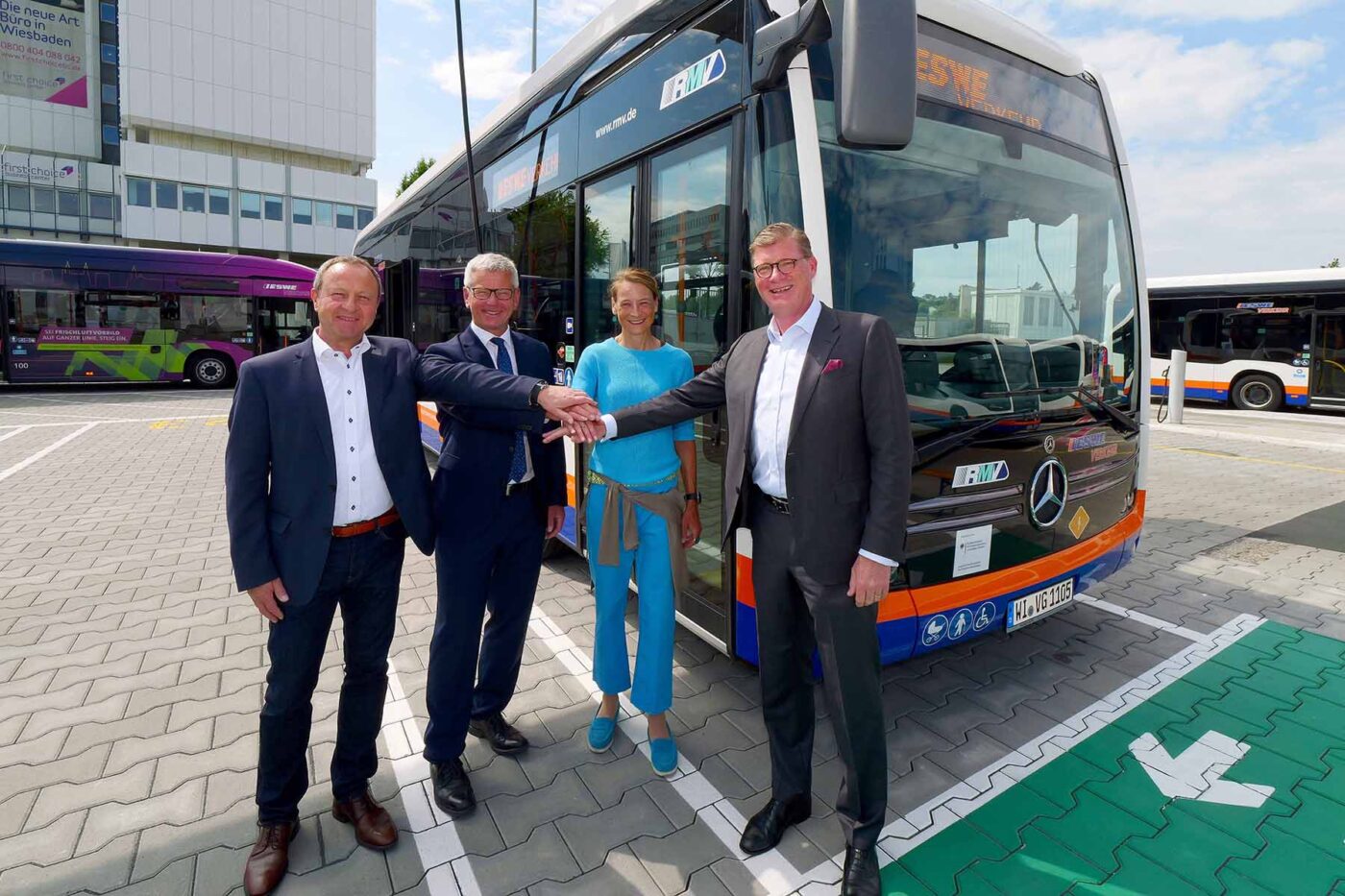
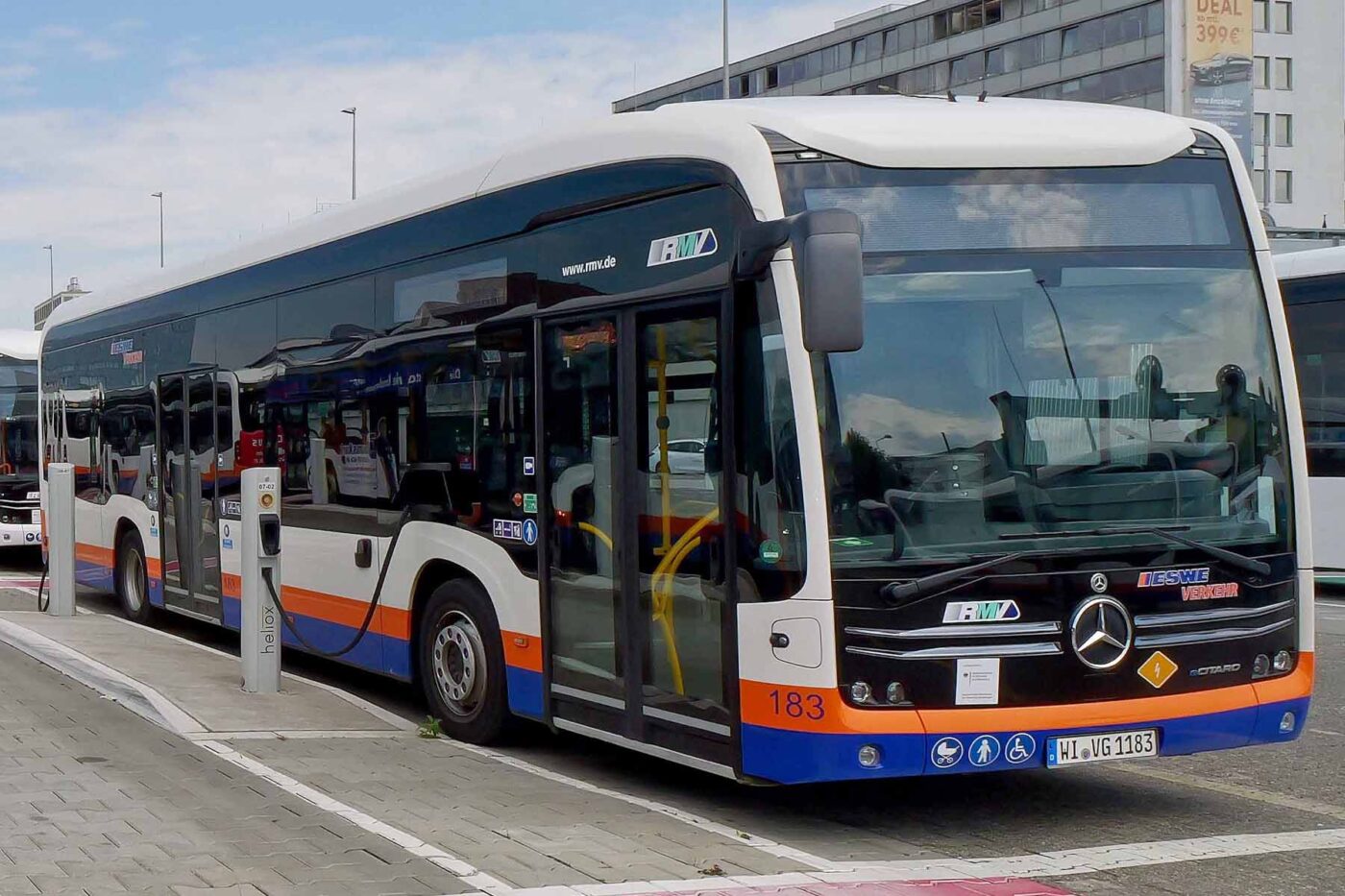
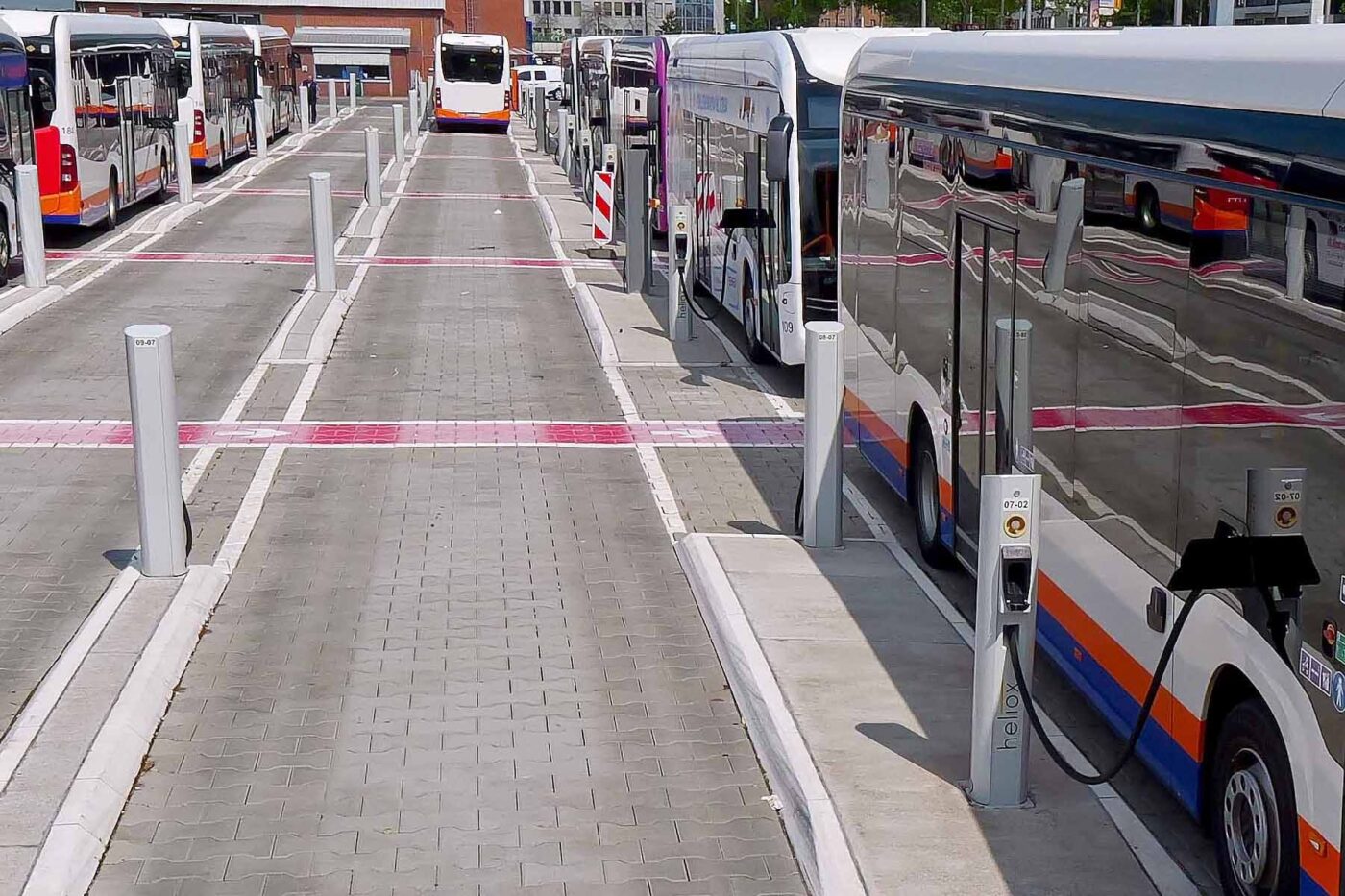
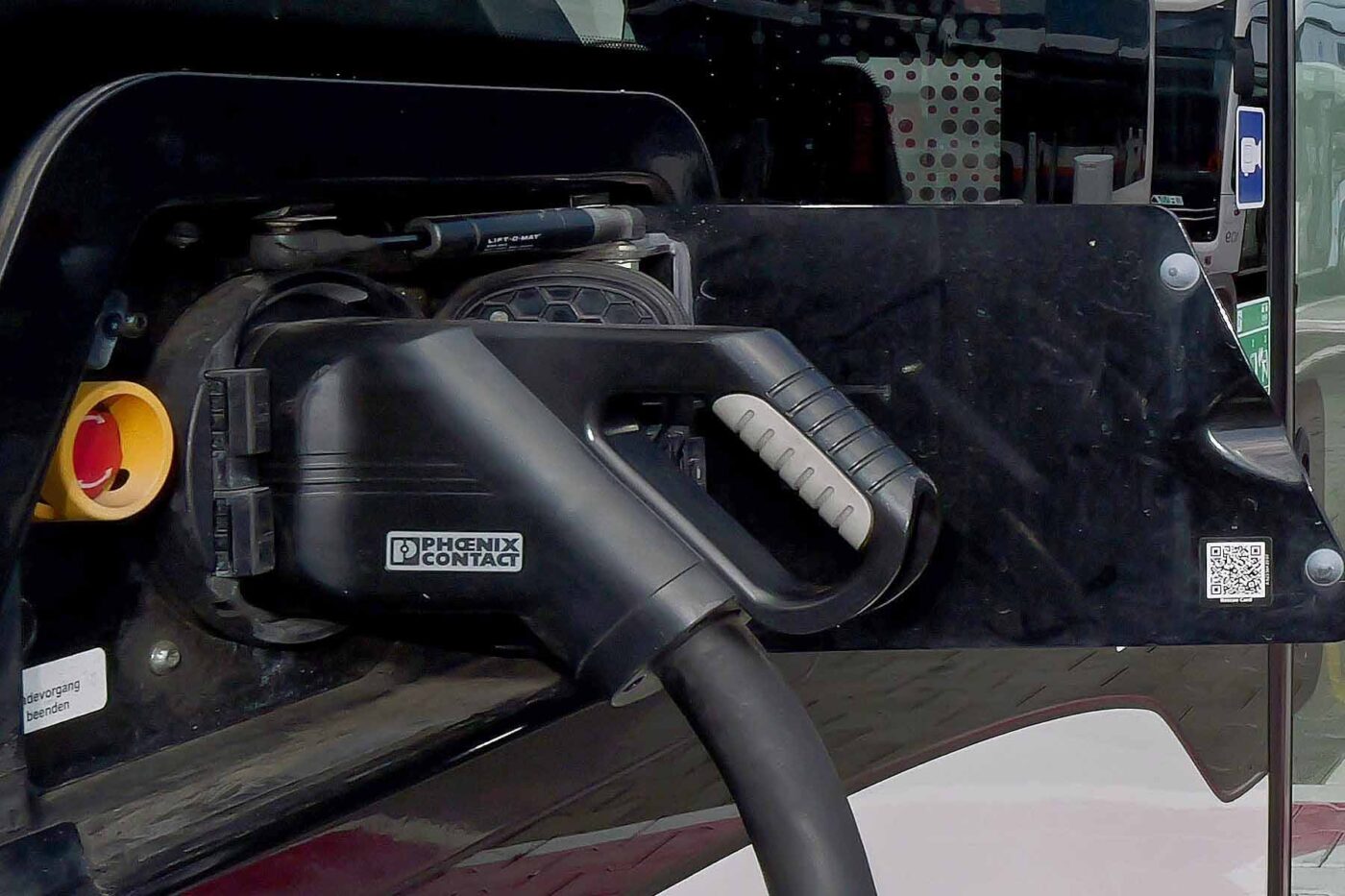
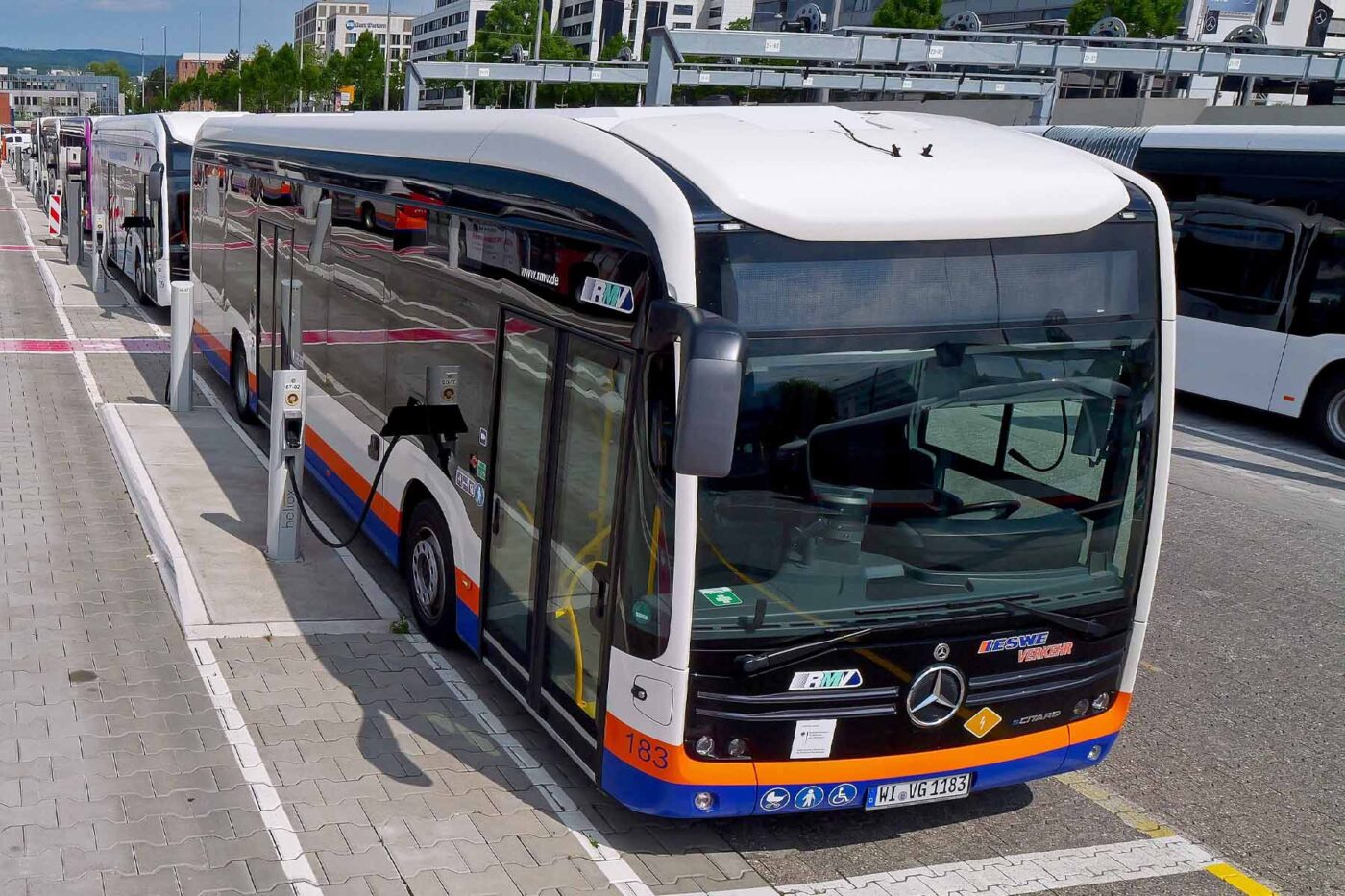
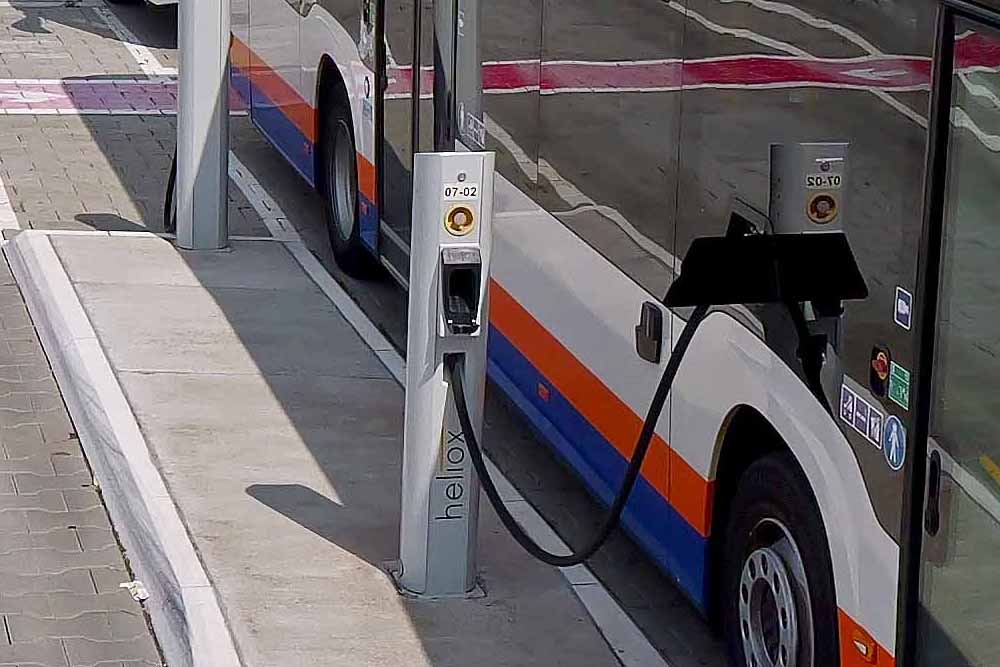
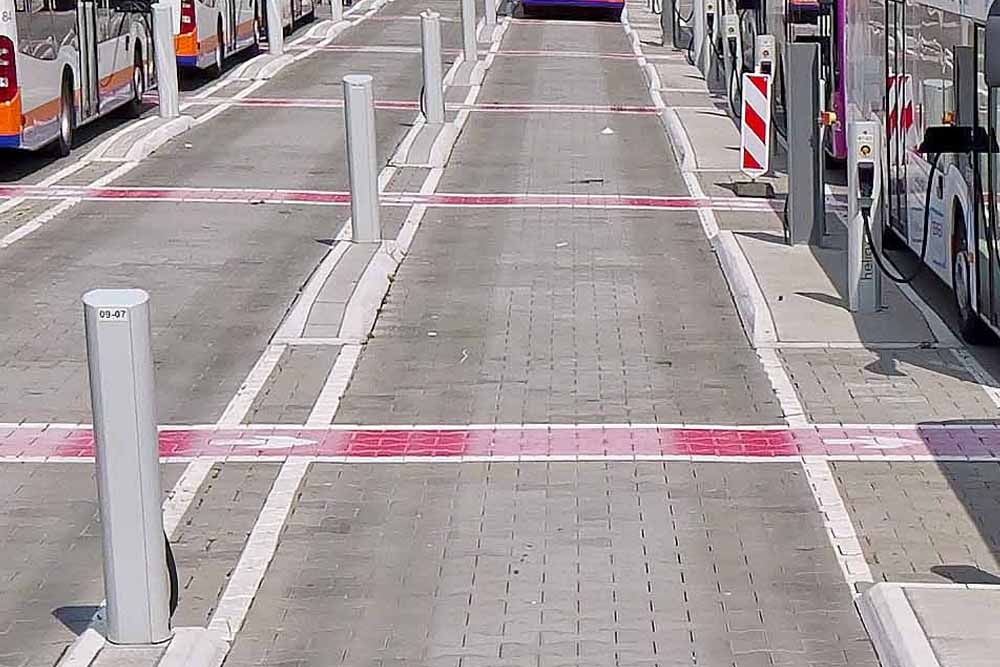
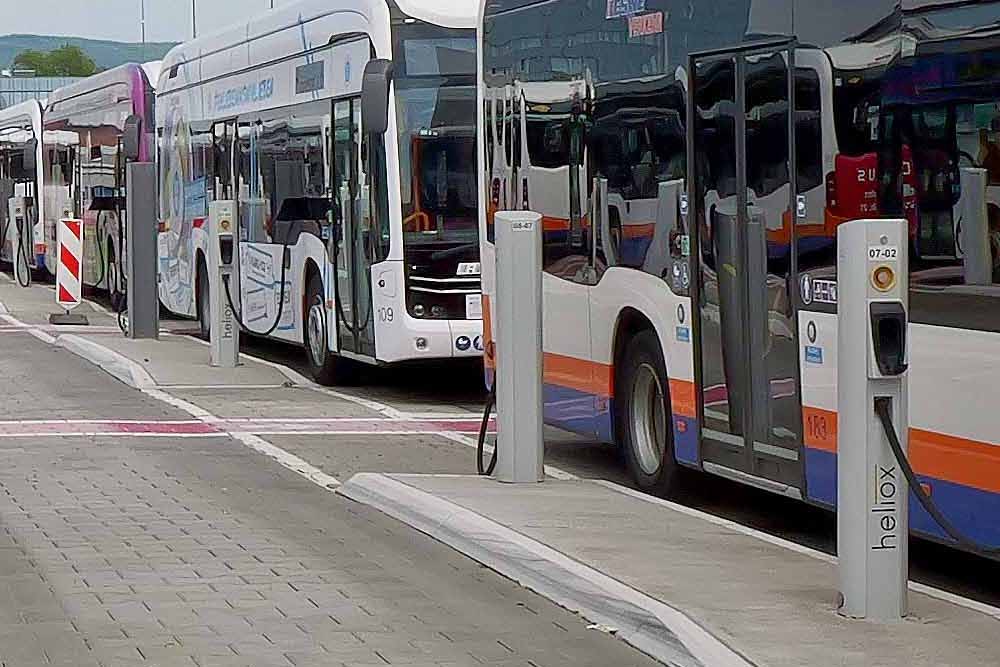
In this context, Oberwörder emphasises that the demand for turnkey solutions is there: “There is a clear demand for turnkey solutions and our new subsidiary is currently electrifying more than 20 depots throughout Europe. In this way, we are actively driving the transformation of our industry forward, working together with our customers.”
In Wiesbaden, the vehicles are charged with up to 150 kW at the depot site. This is done at the 24 new charging points using so-called charging reels. This involves lowering a charging cable and plug from a height of several metres. The advantage: the area under the crossbars offers space for parking and manoeuvring and can be used flexibly by the vehicle fleet.
Daimler Buses Solutions GmbH acted as the general contractor with the corresponding responsibility for all construction measures. The technology team was involved in the construction of all 120 charging stations – even before the GmbH was founded. According to the company, the work was planned in three individual construction phases and realised in succession with more than 20 partners. The tasks completed included the construction of a transformer station to convert the electricity from medium to low voltage and the entire cable laying from the grid operator’s transfer point to the site. According to Daimler Buses Solutions, another part of the contract was the charging management: the operator’s entire software was converted to operate an electric bus fleet and the associated operating concept was created. The function and availability of the installed system are guaranteed for the next twelve years.
ESWE Verkehrsgesellschaft currently operates around 290 buses on 43 routes and transports around 60 million passengers a year. Two-thirds of the company’s more than 1,100 employees work in the transport service. The fleet is “predominantly made up of Mercedes buses”, it says. More than a third of the fleet now consists of eCitaro models. Incidentally, Wiesbaden has stopped the interim integration of hydrogen buses. The Wiesbaden city council terminated the project with ten fuel cell buses, which began in 2020, just over a year ago. ESWE had already decided in 2022 that three drive types were one too many. The hydrogen buses should therefore make way.
The electrification of the fleet in Wiesbaden will therefore continue with BEV buses. Against this backdrop, ESWE presented a fully electric articulated bus at the inauguration of the depot and stated that it intends to use emission-free large-capacity vehicles in the future. For the time being, an electric articulated bus is to be put into service on a trial basis.

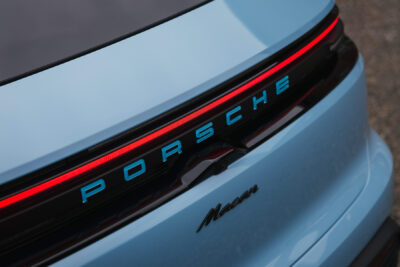

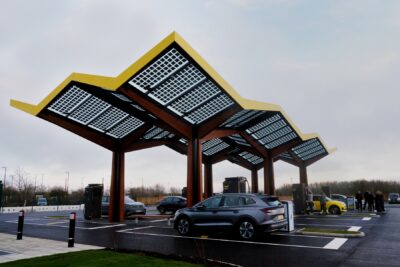
0 Comments